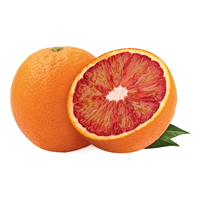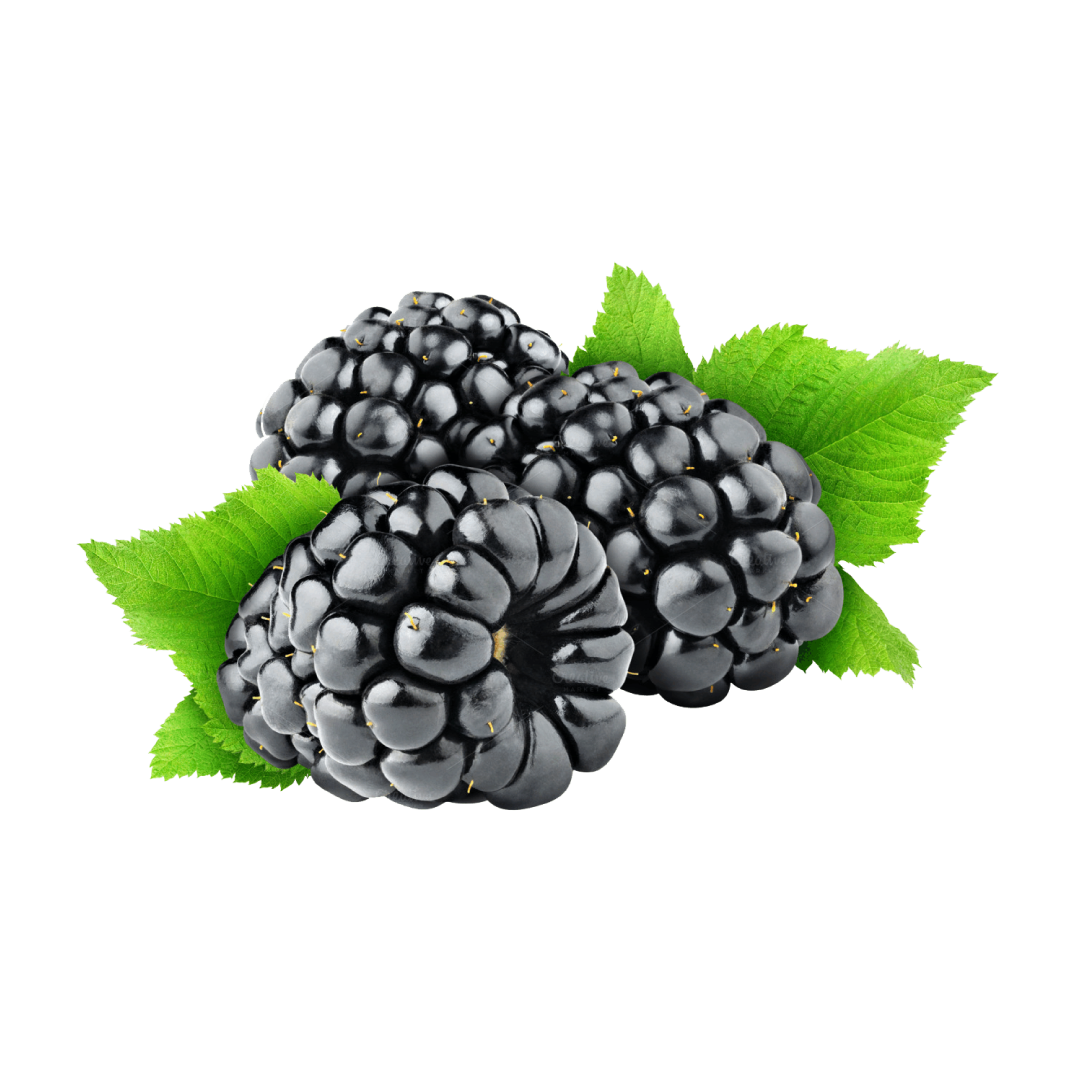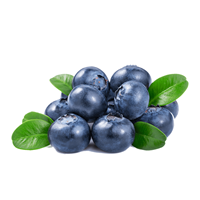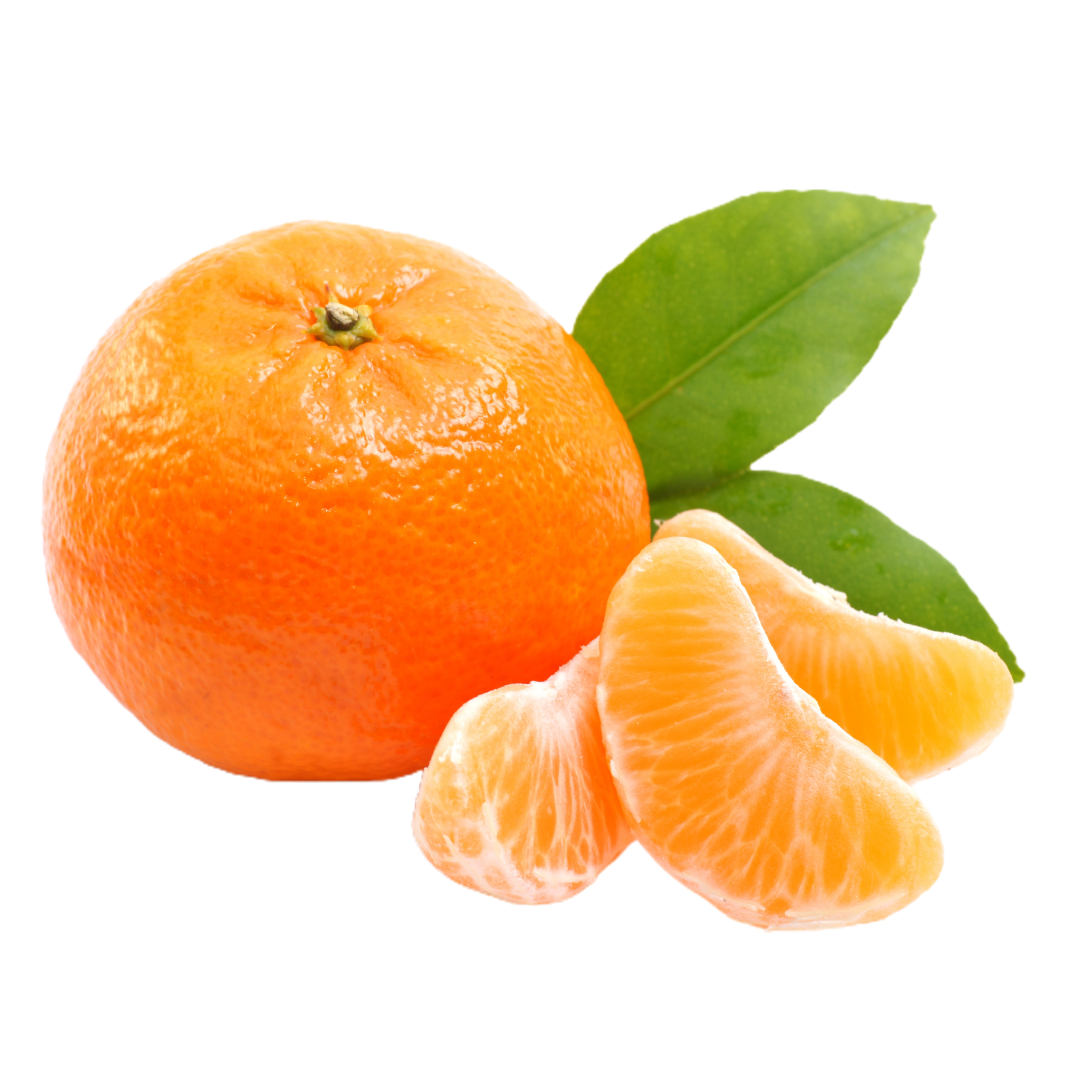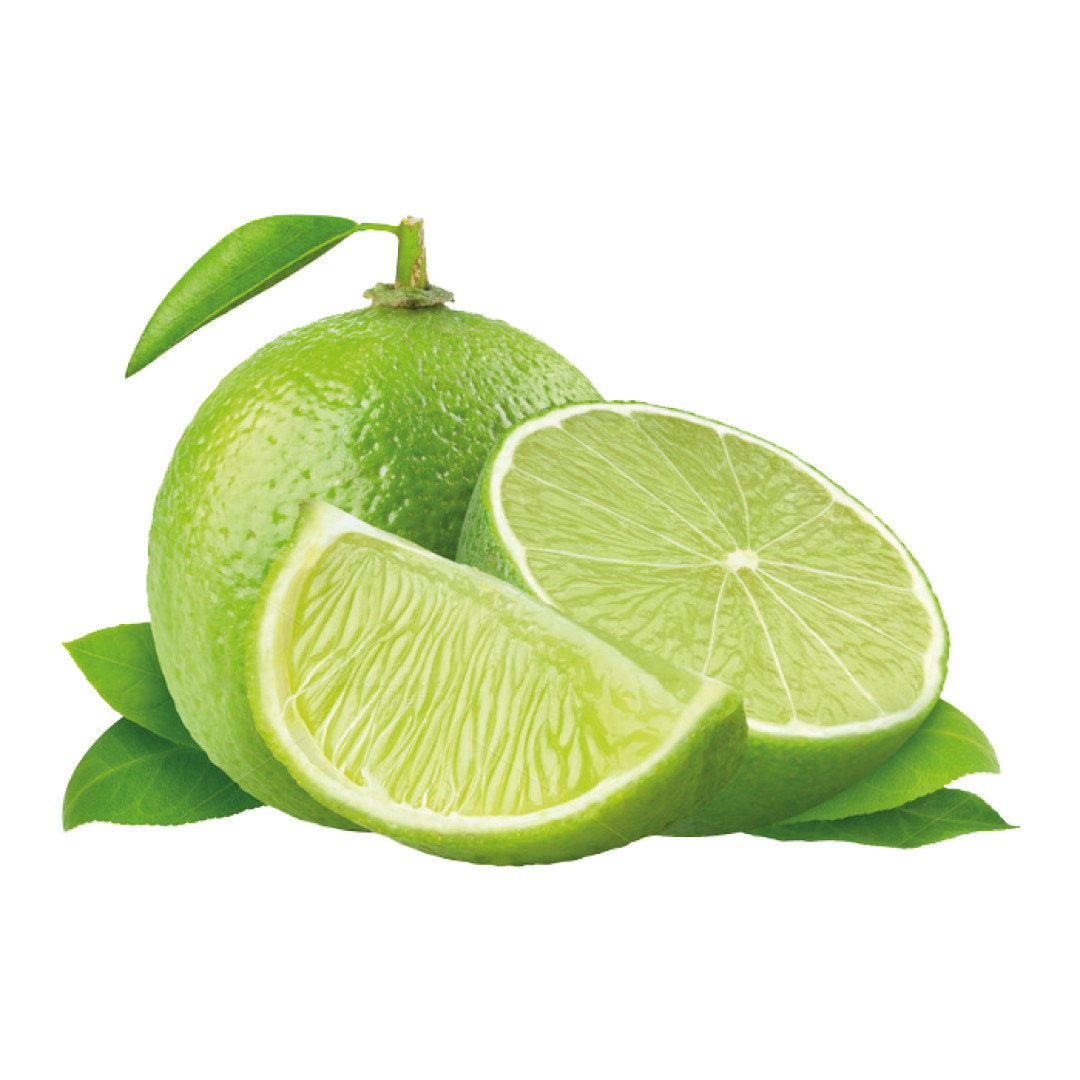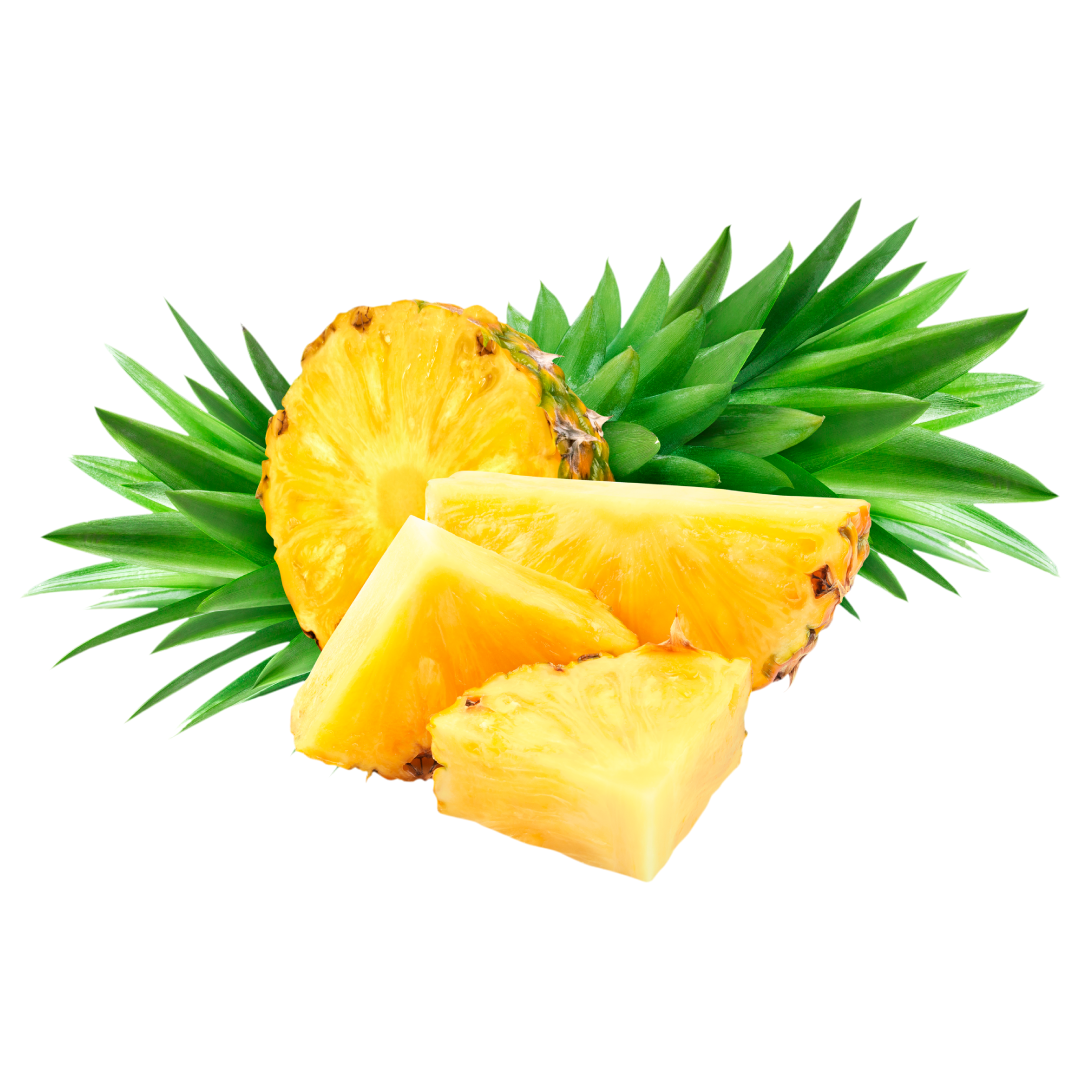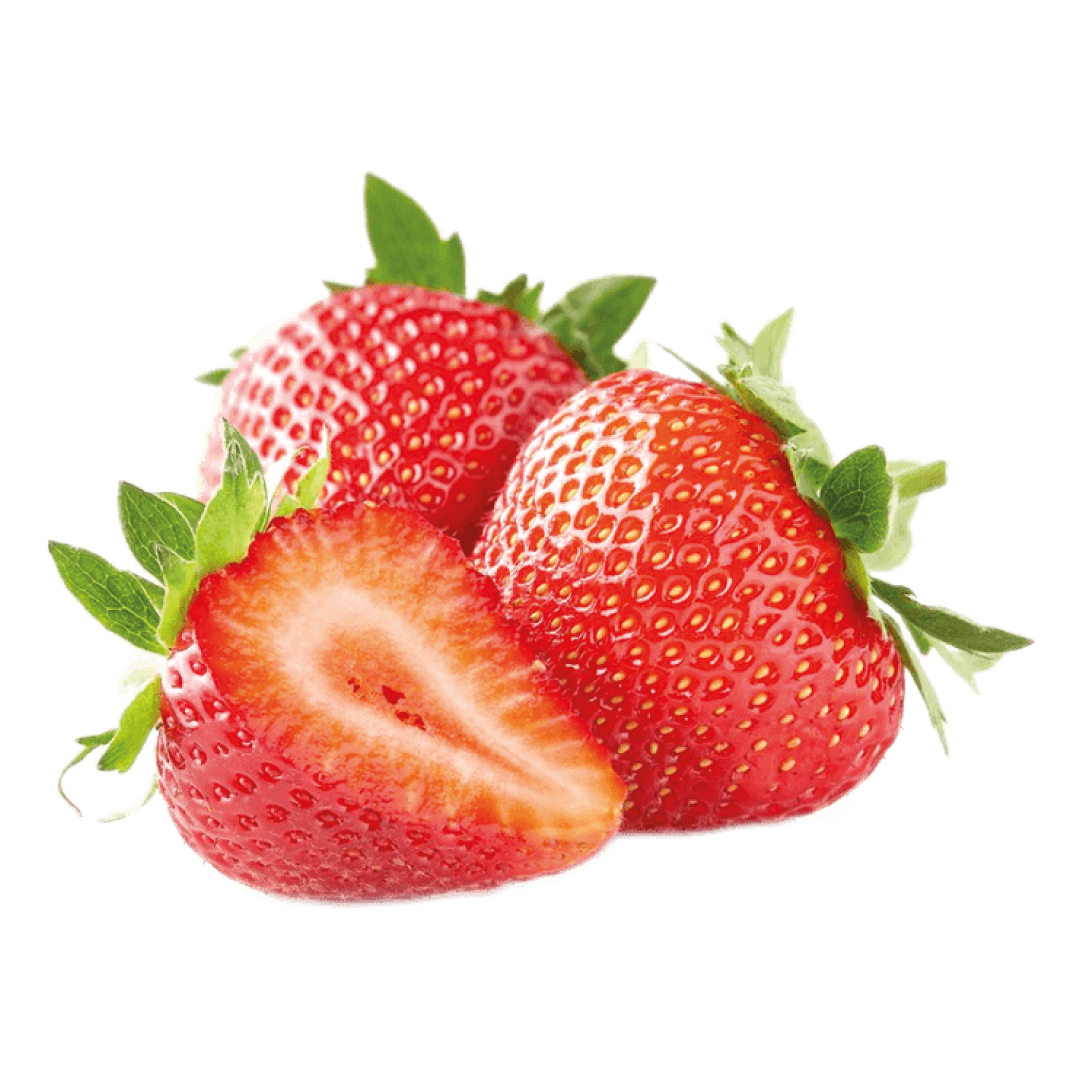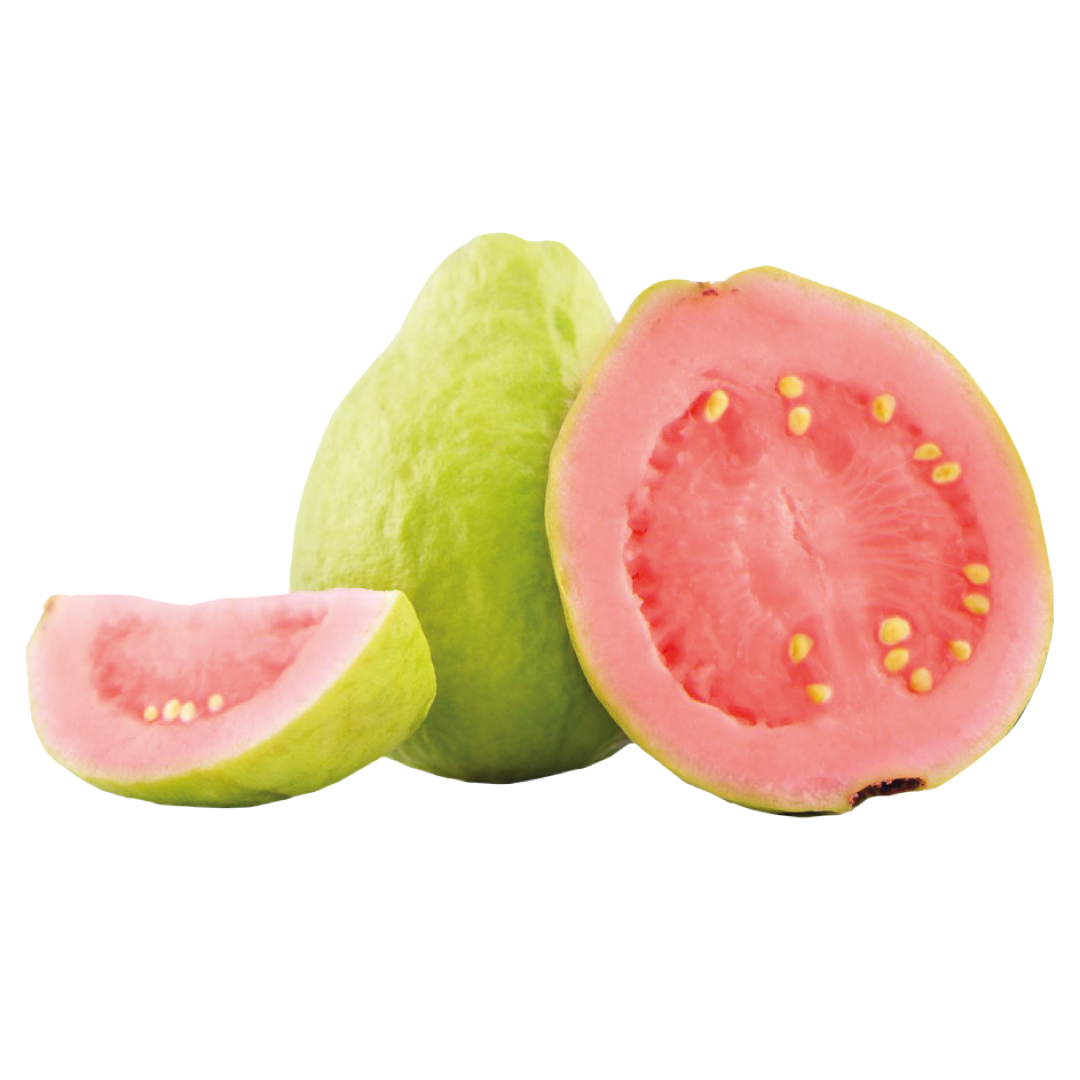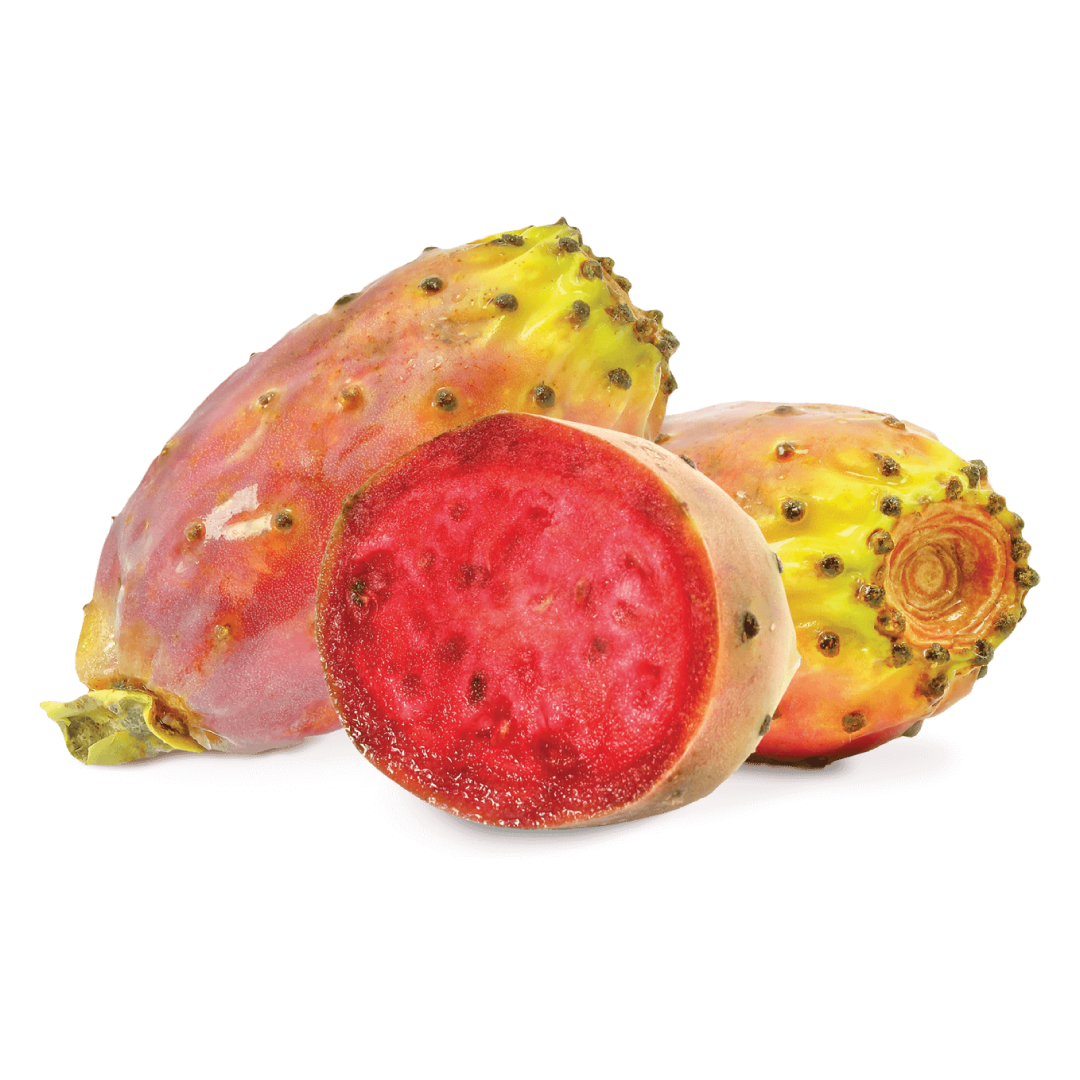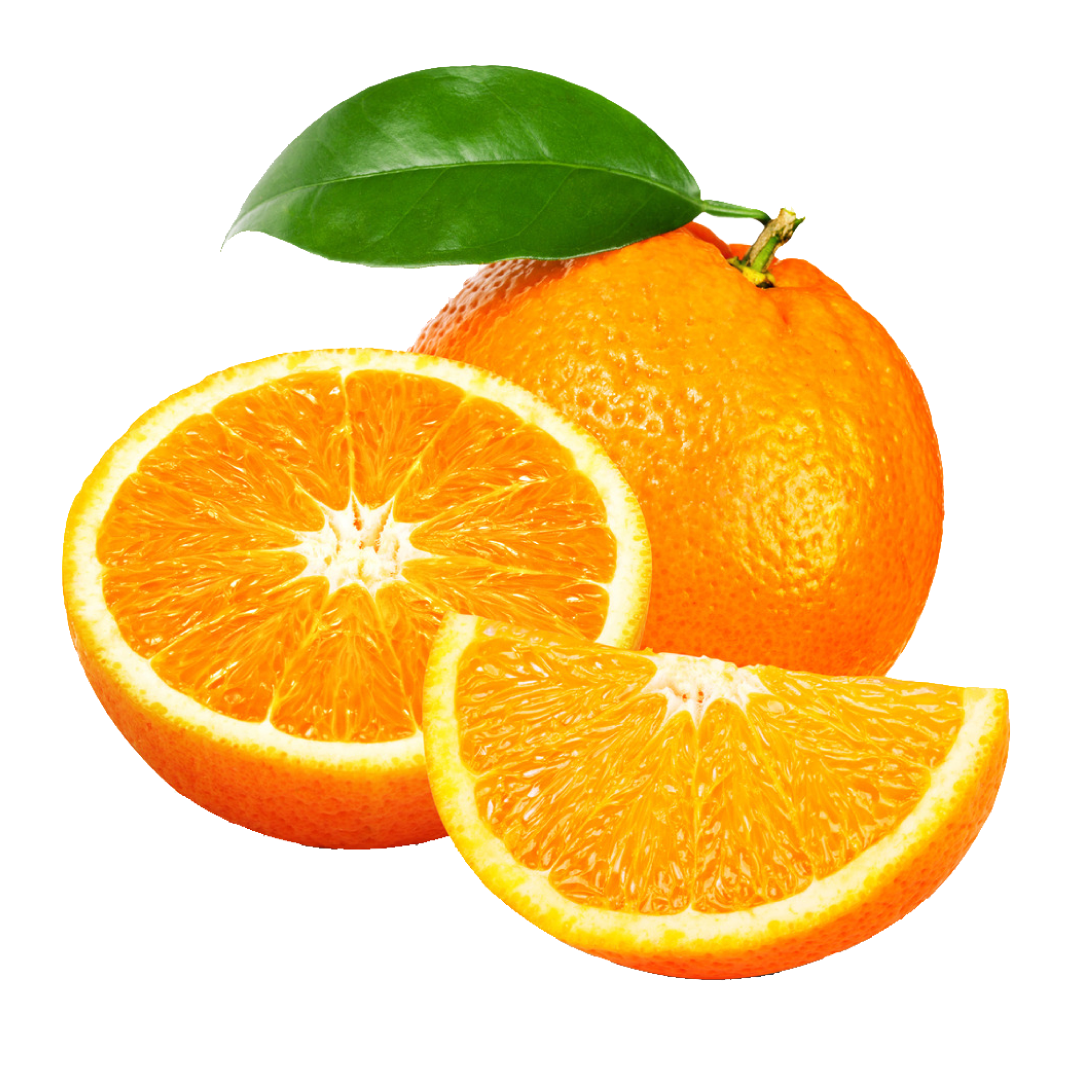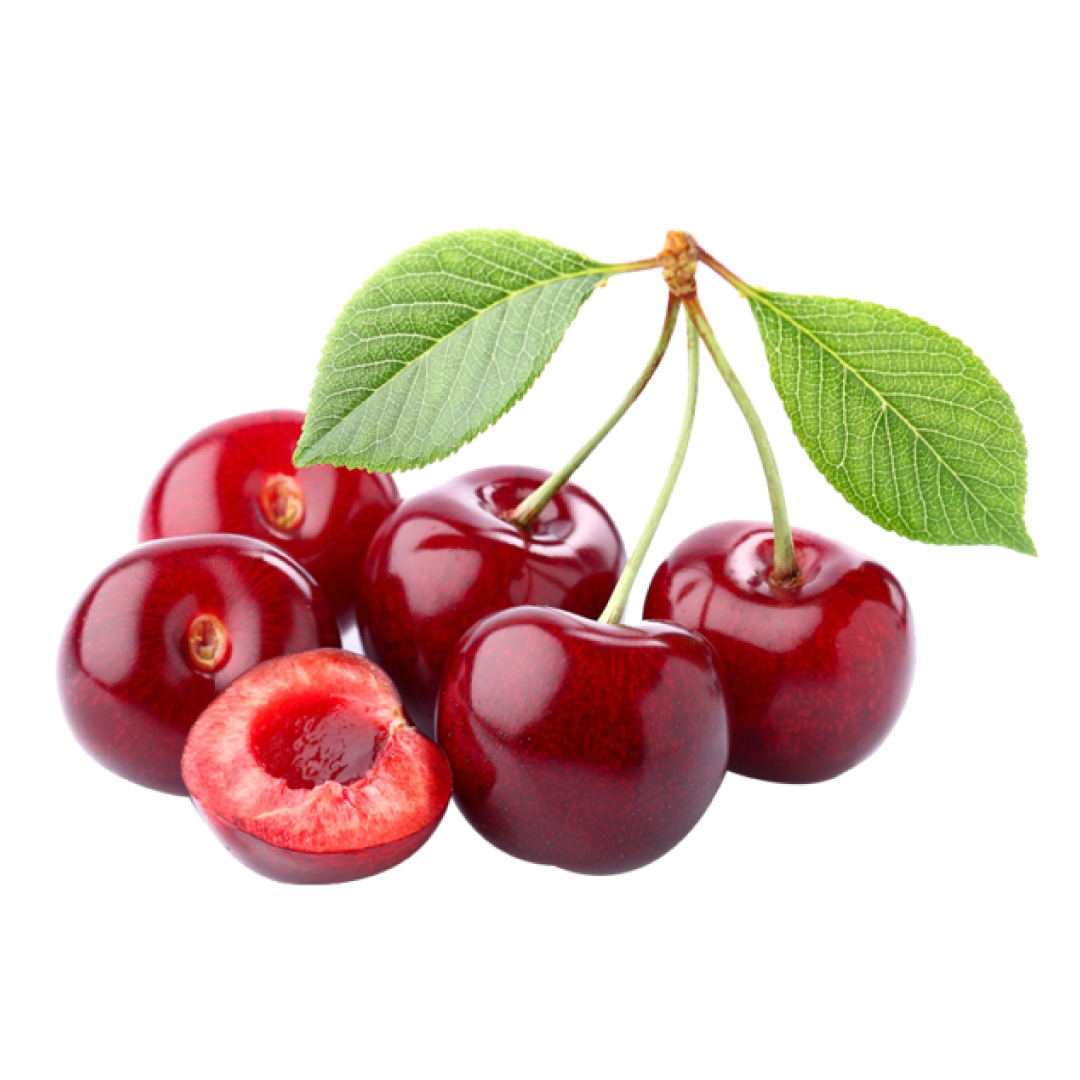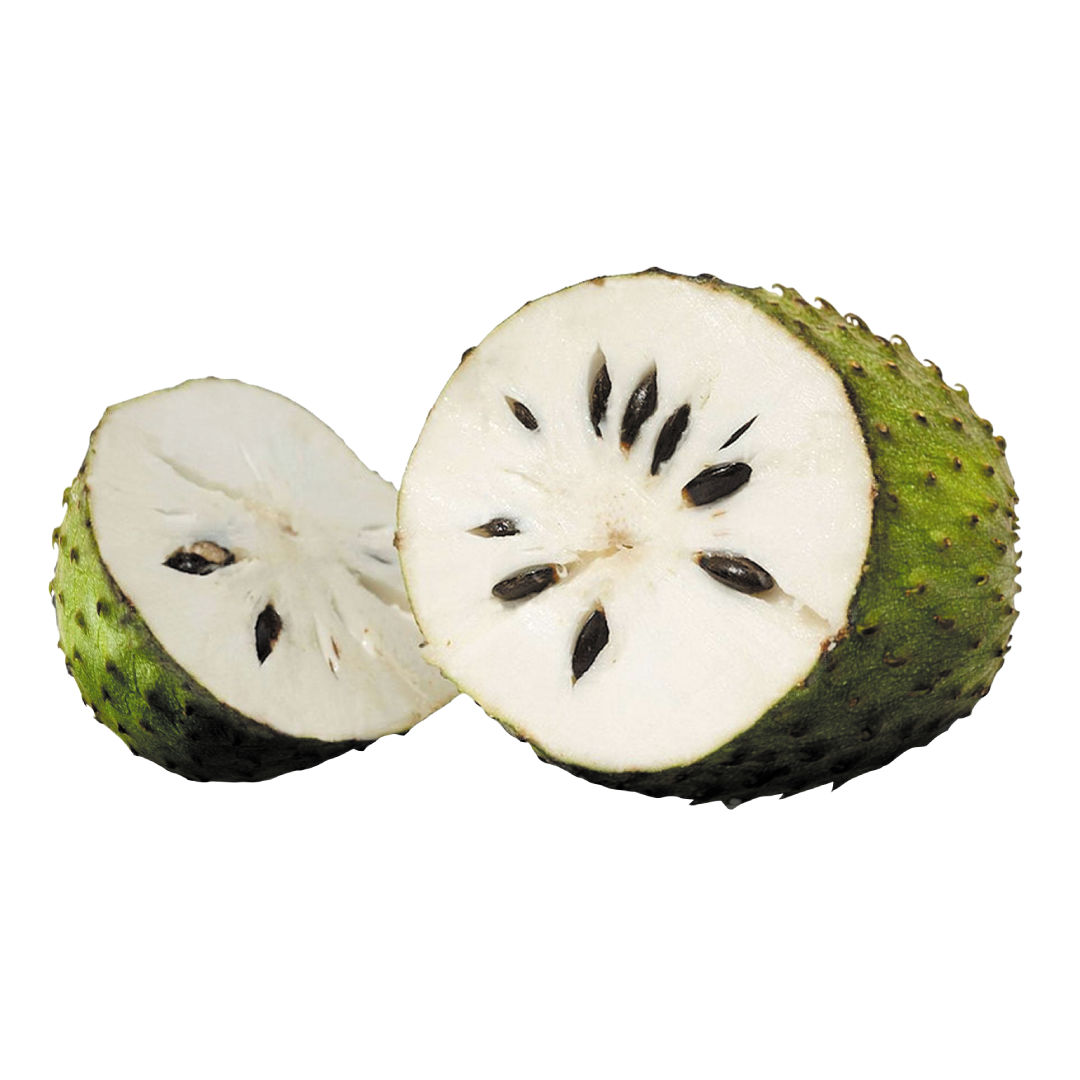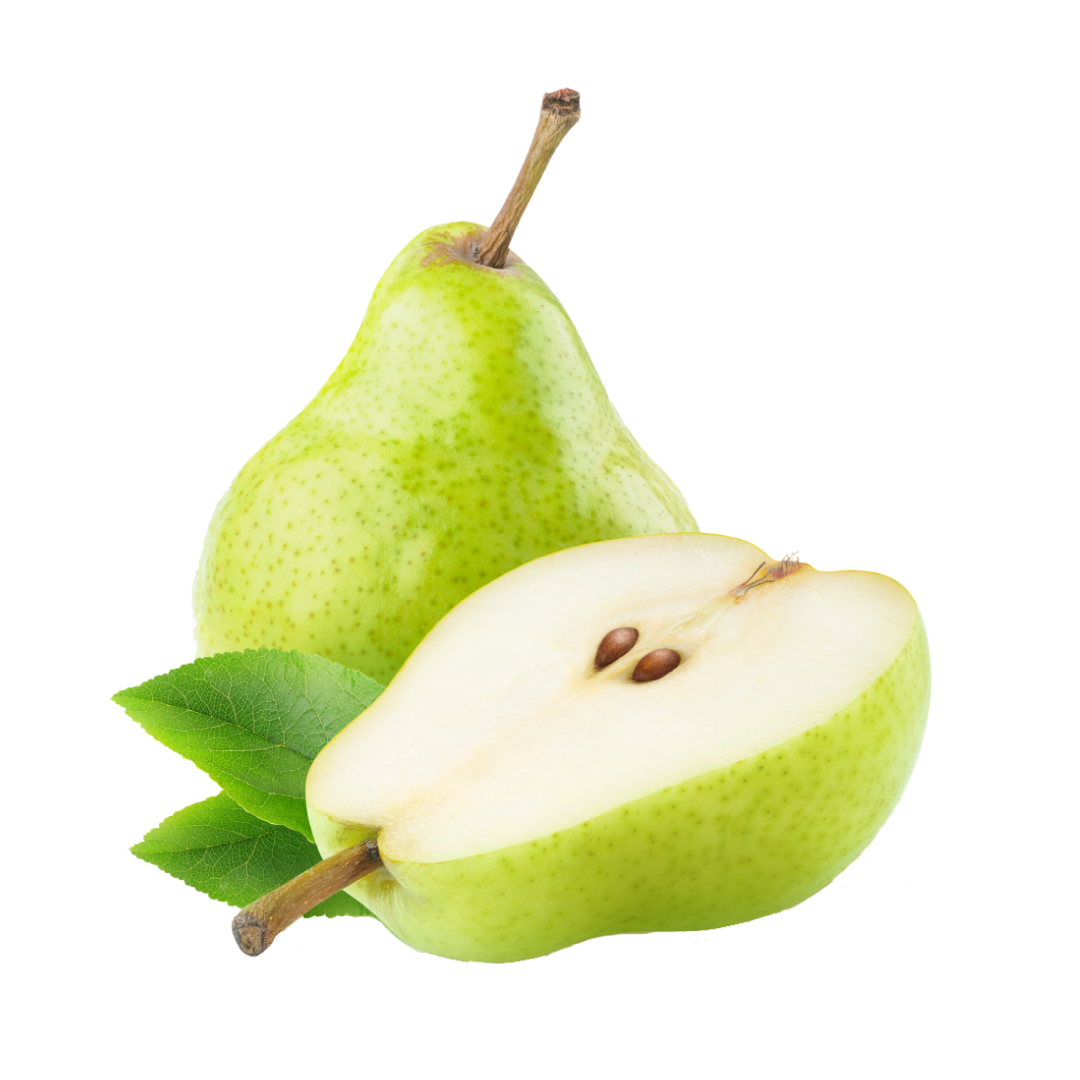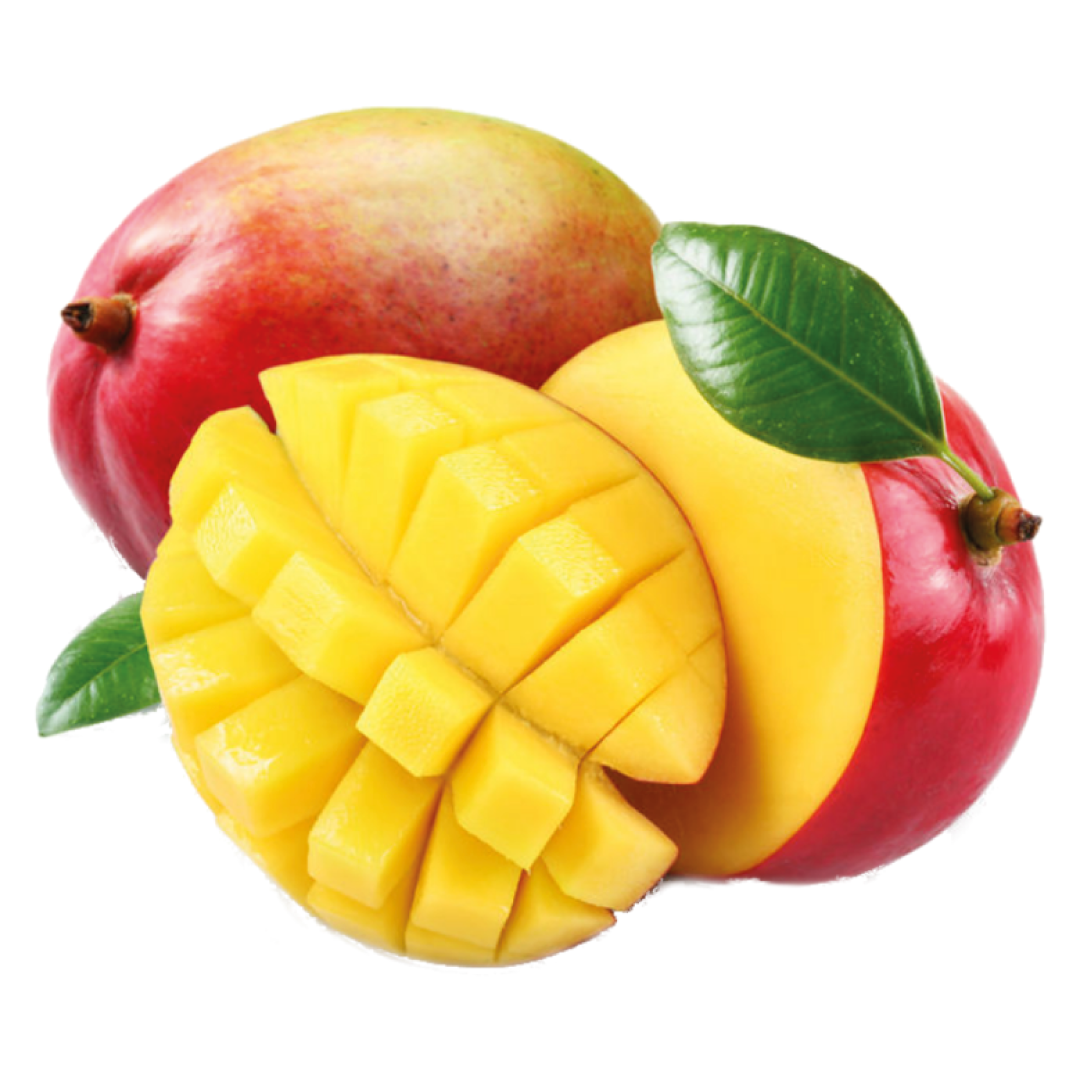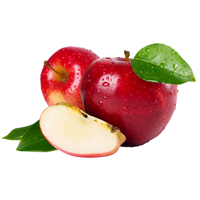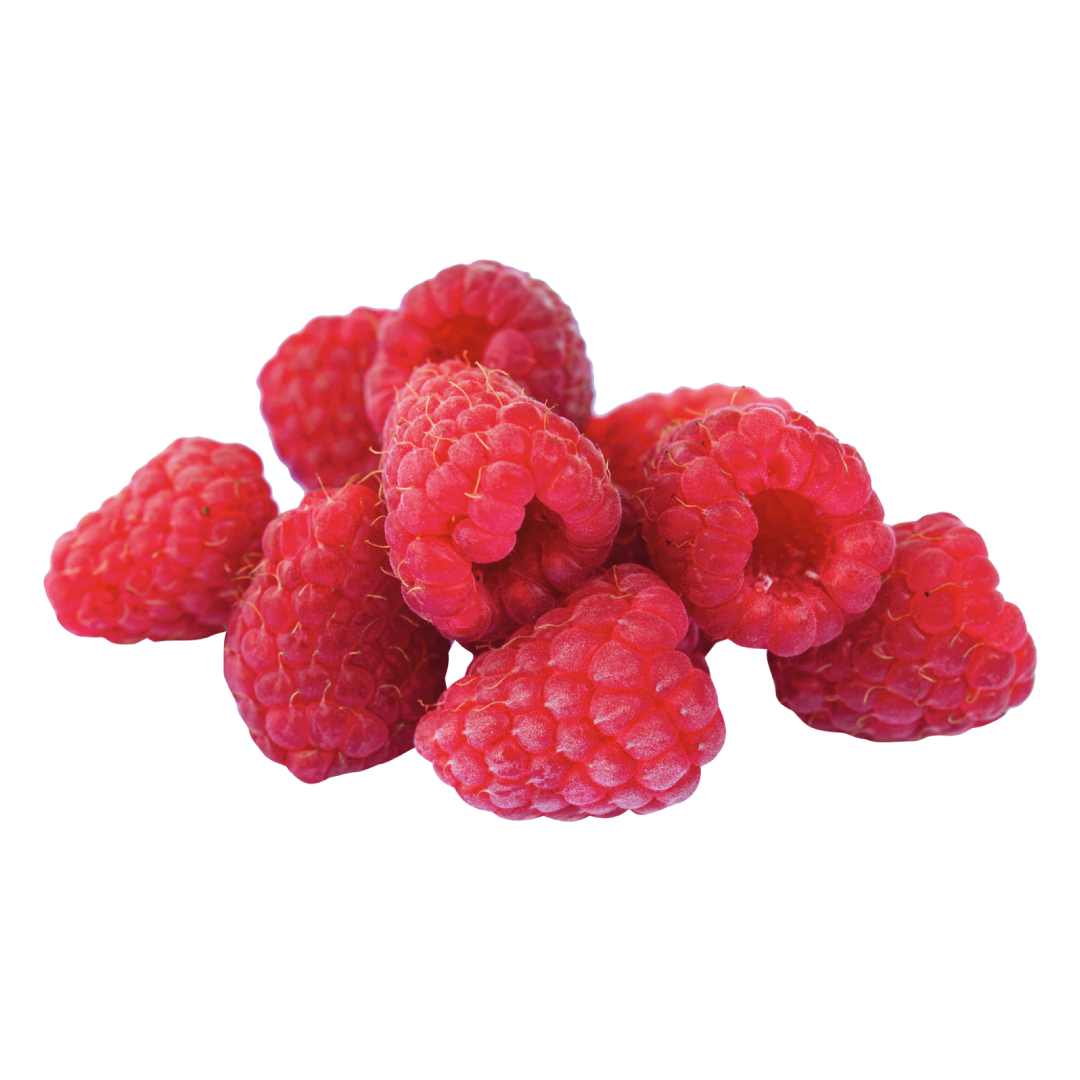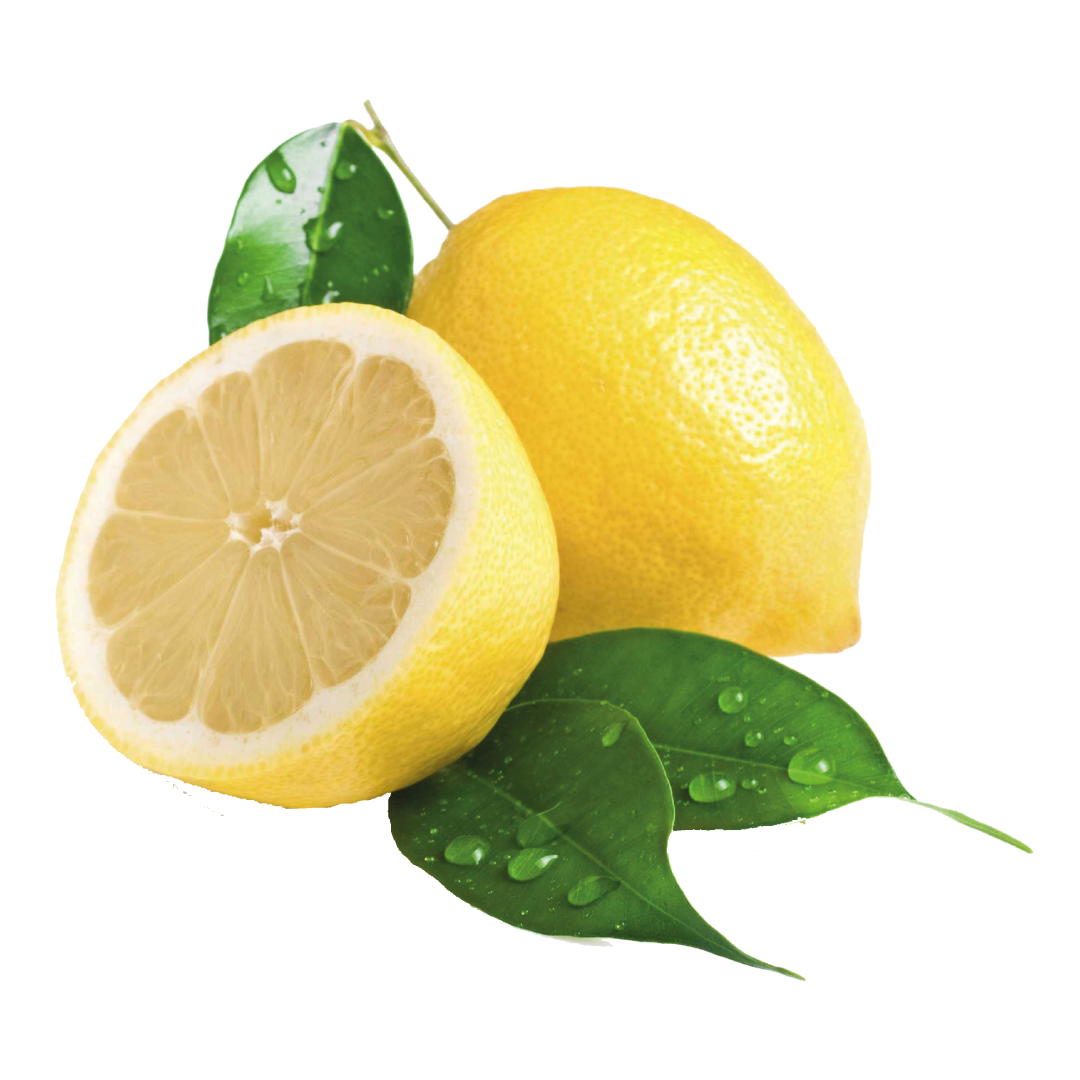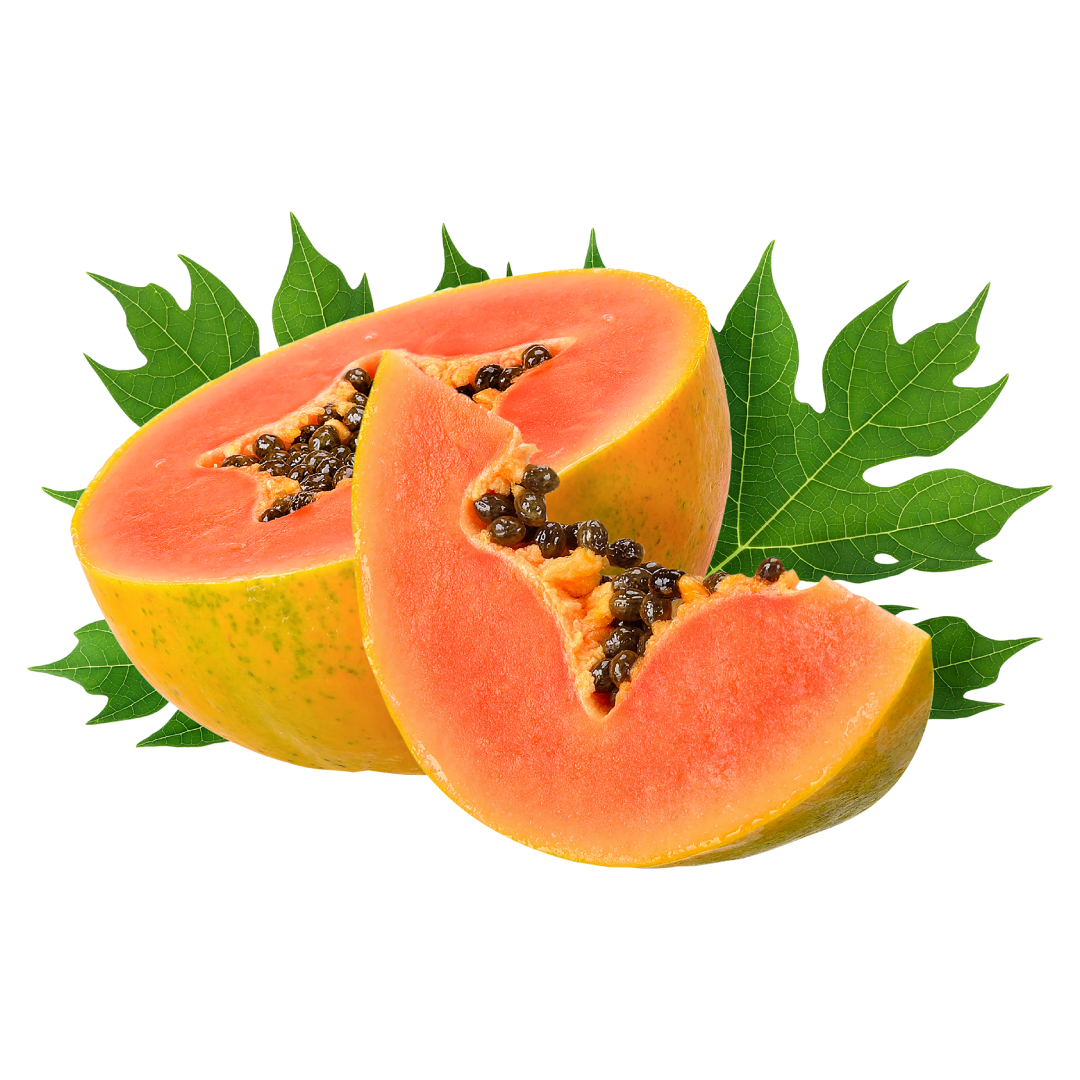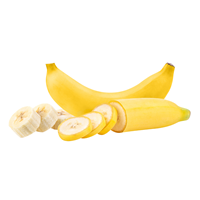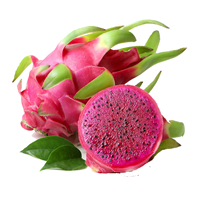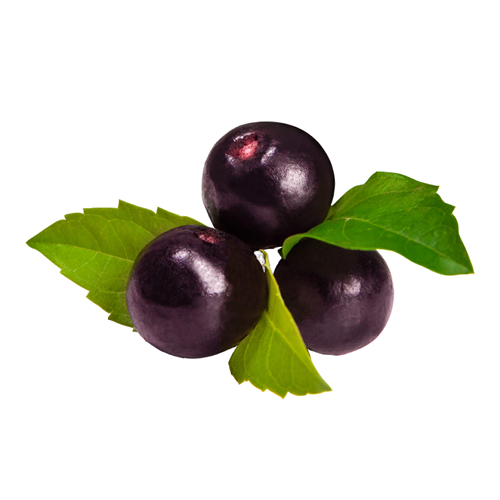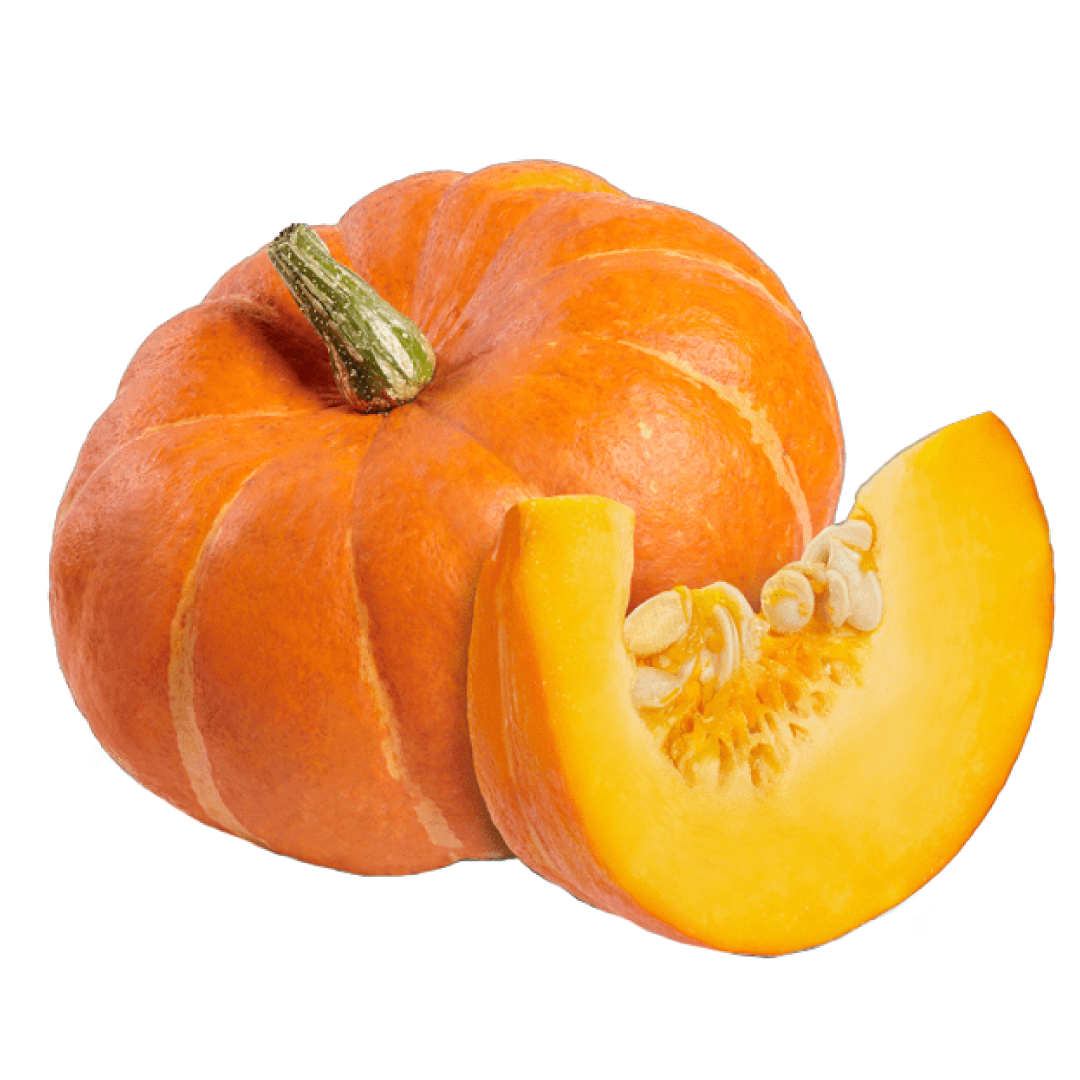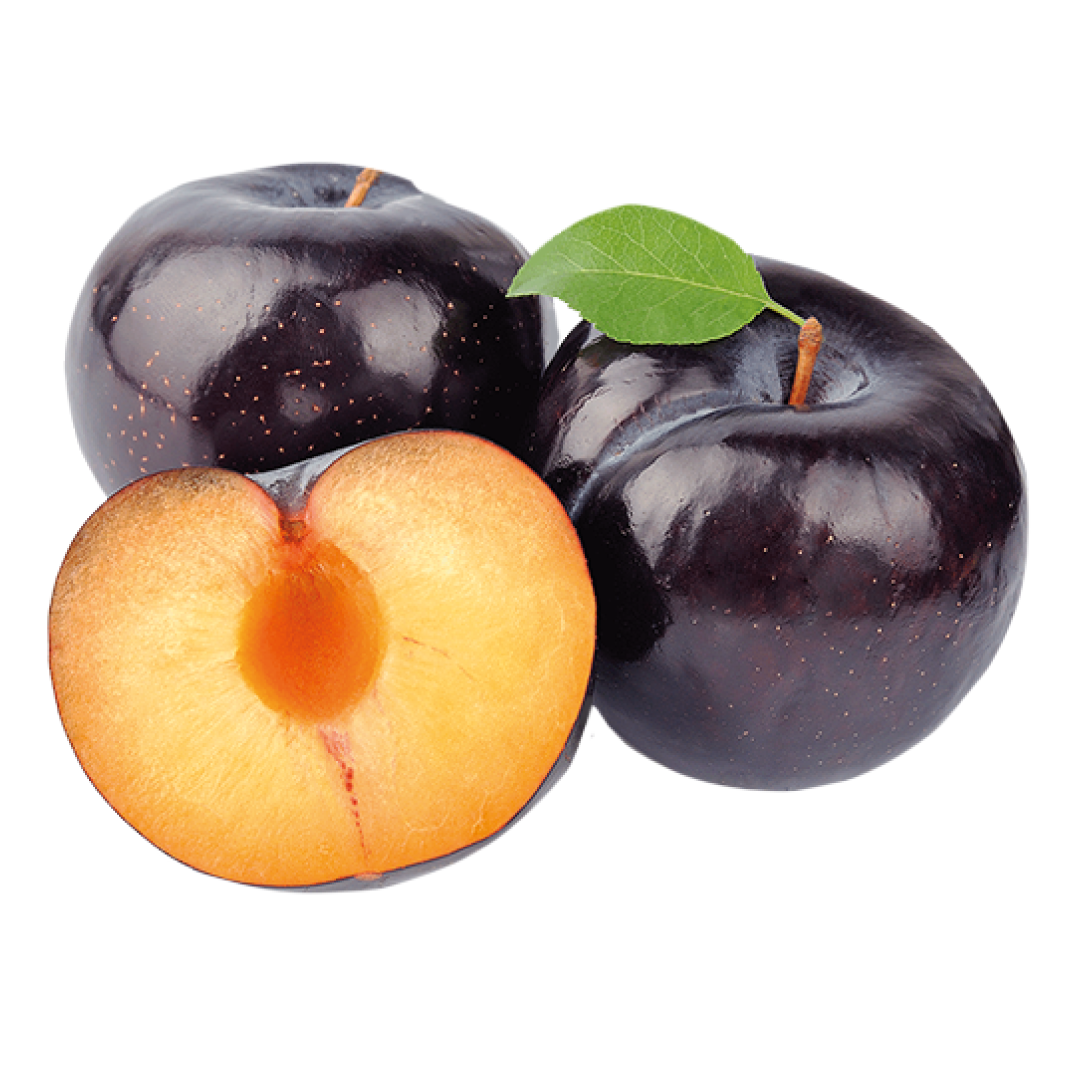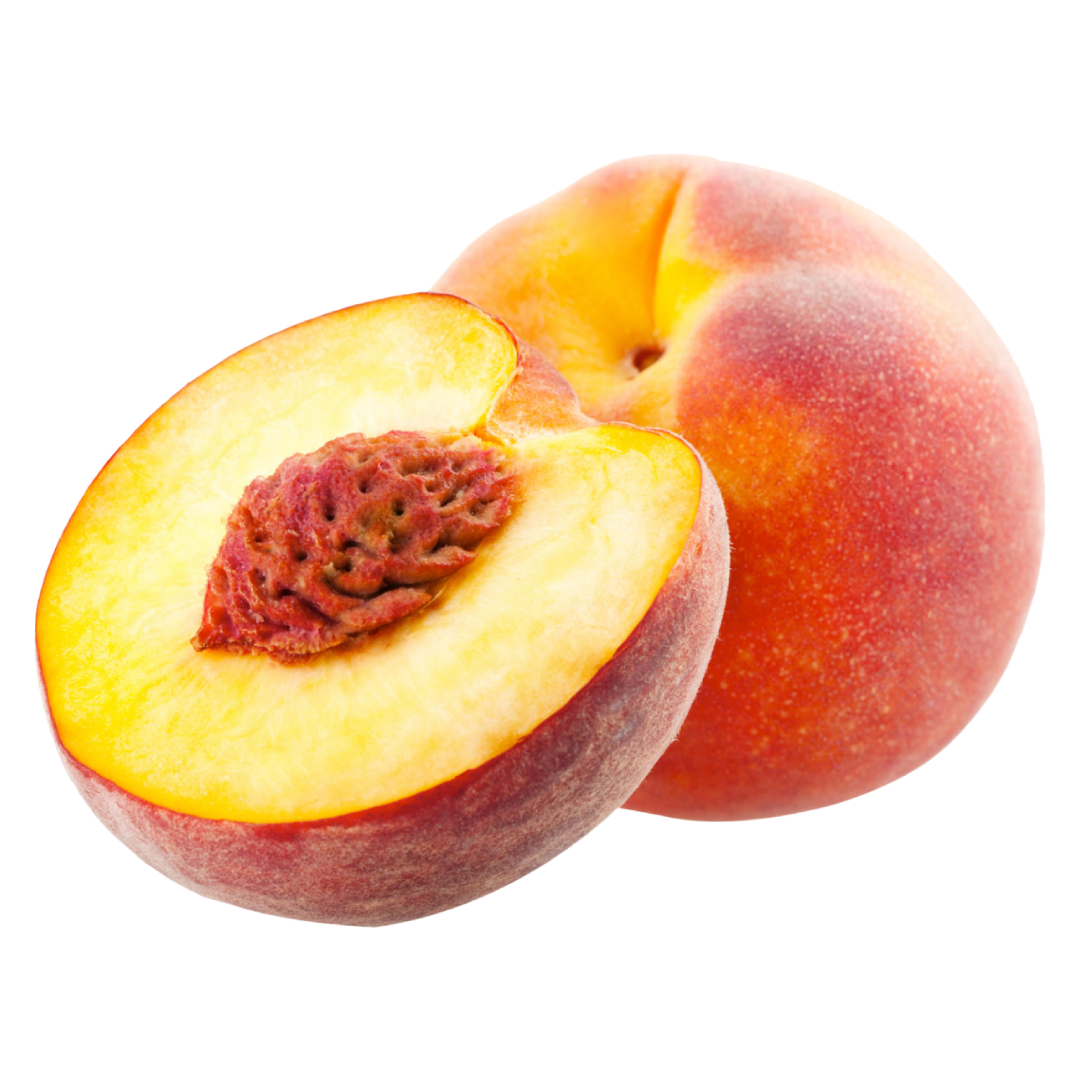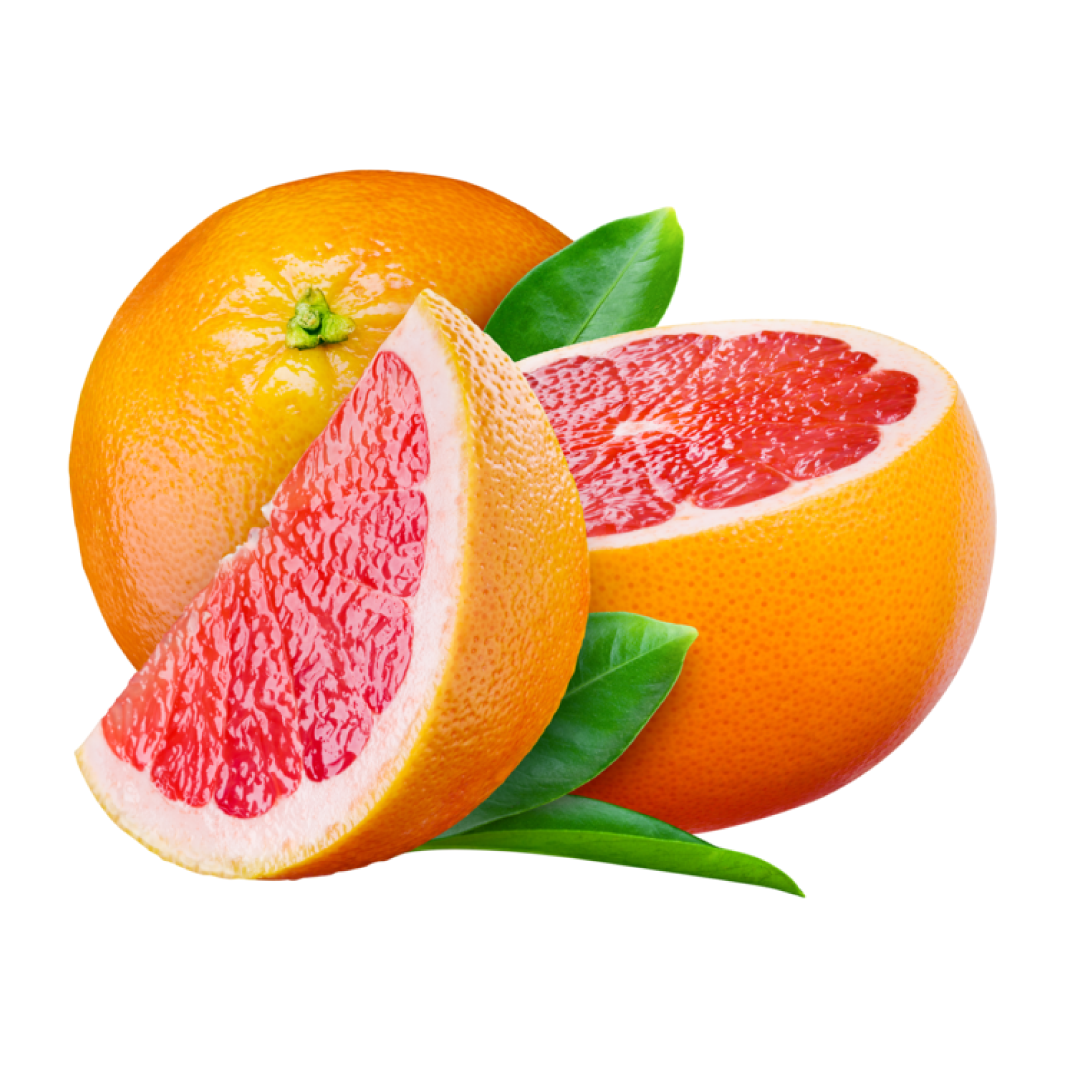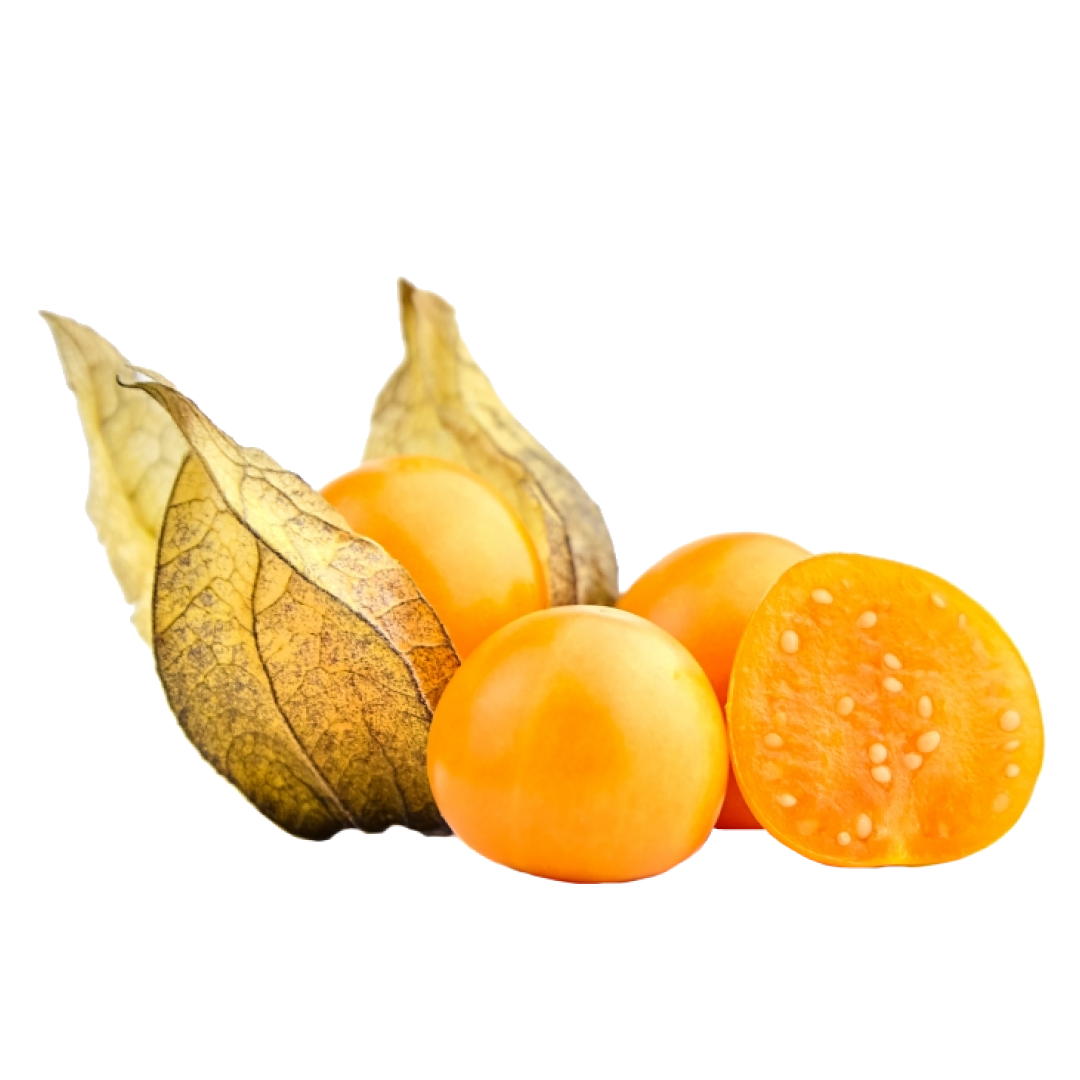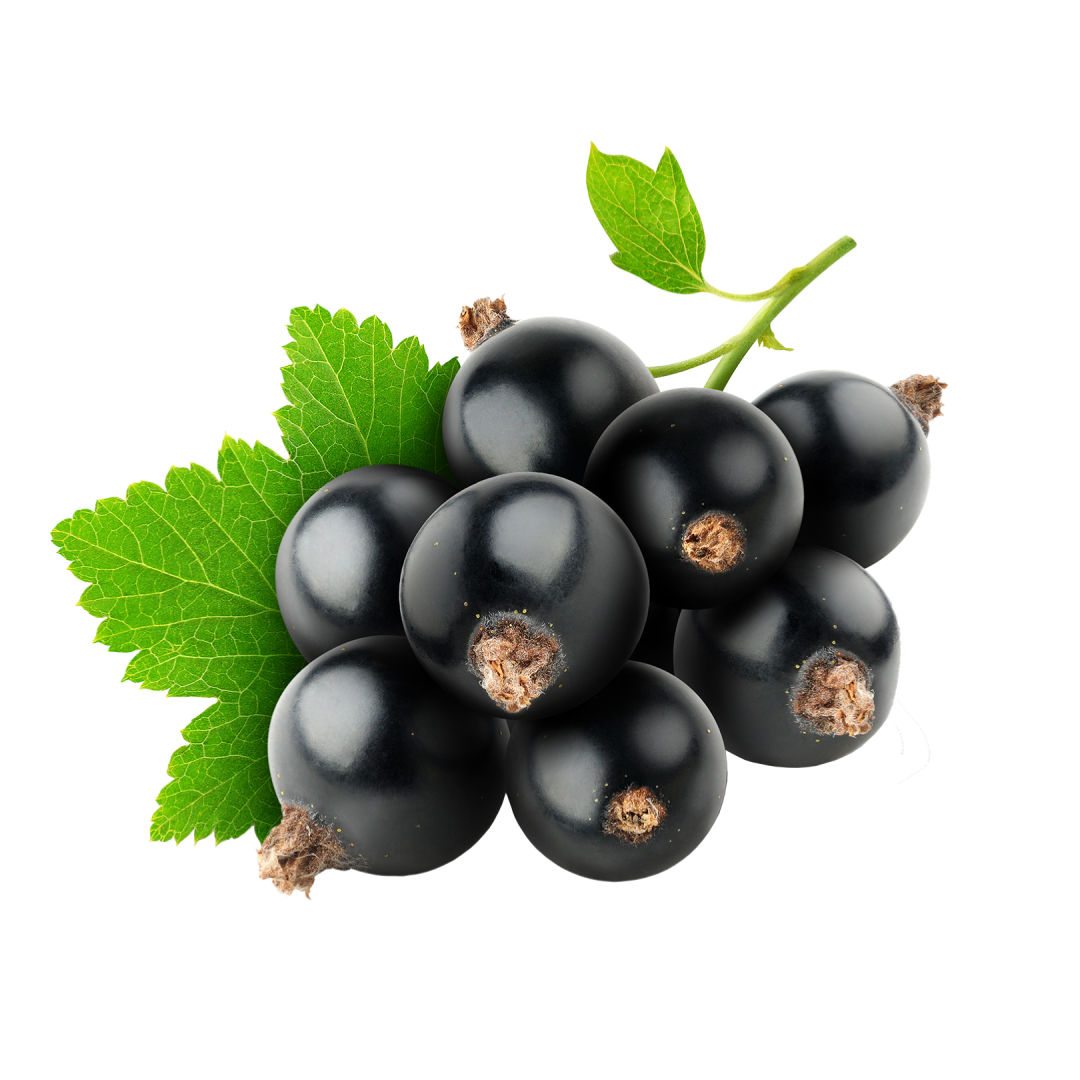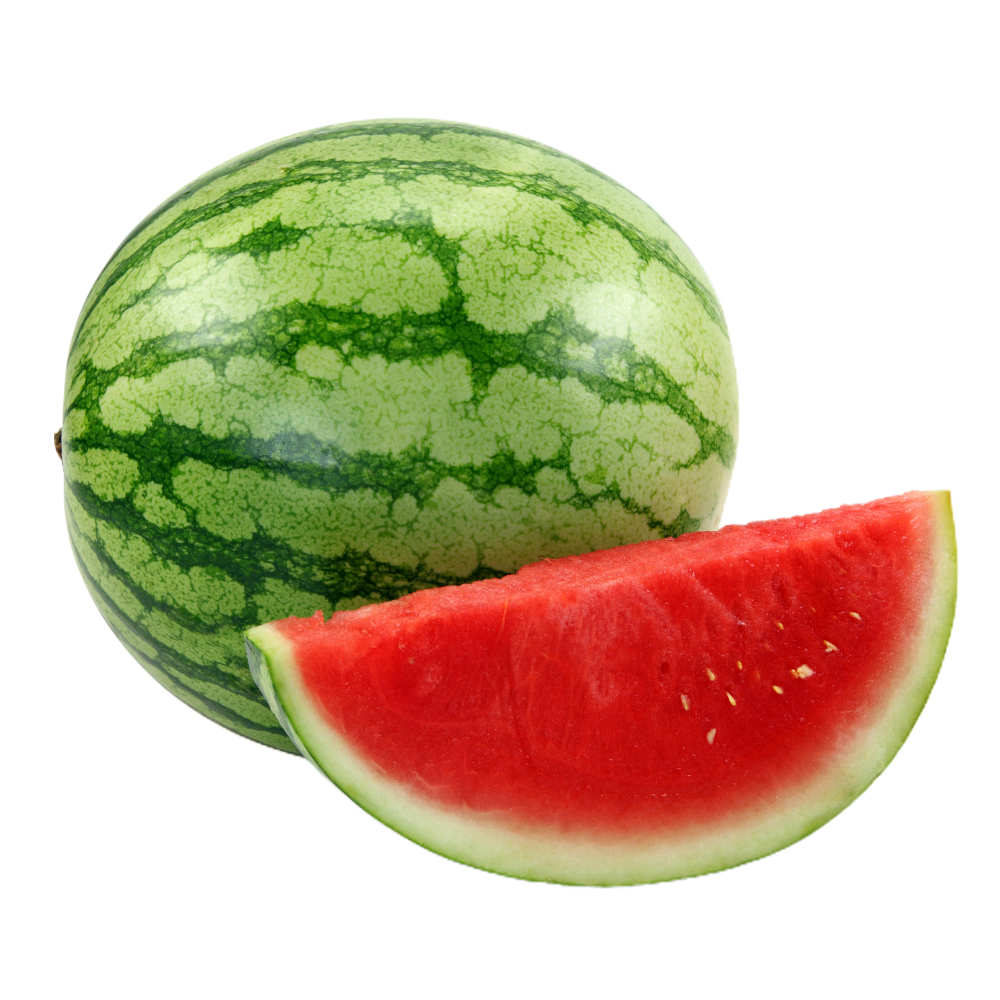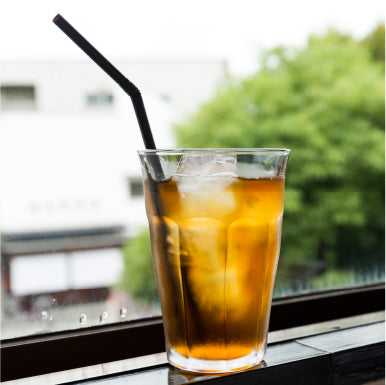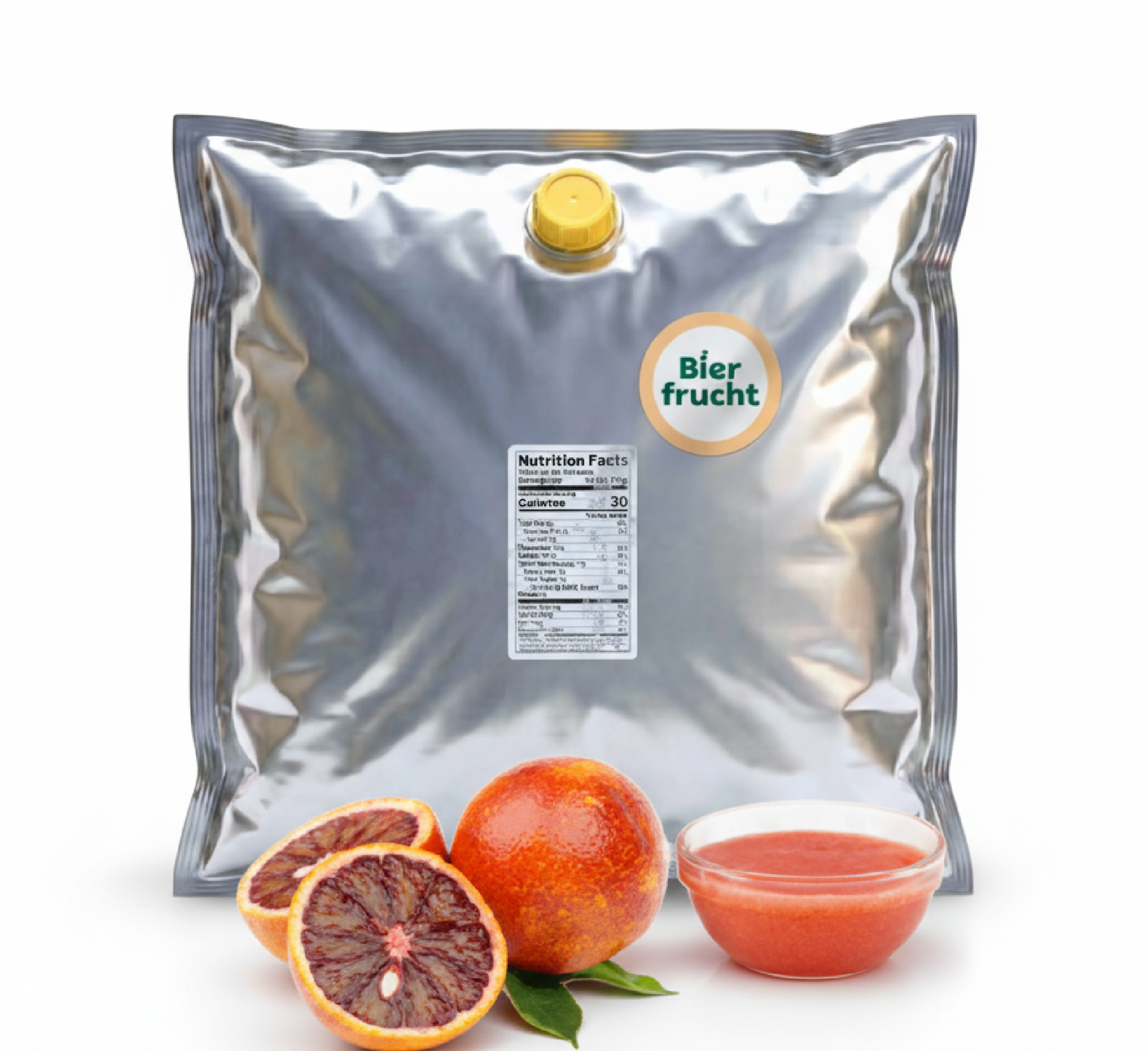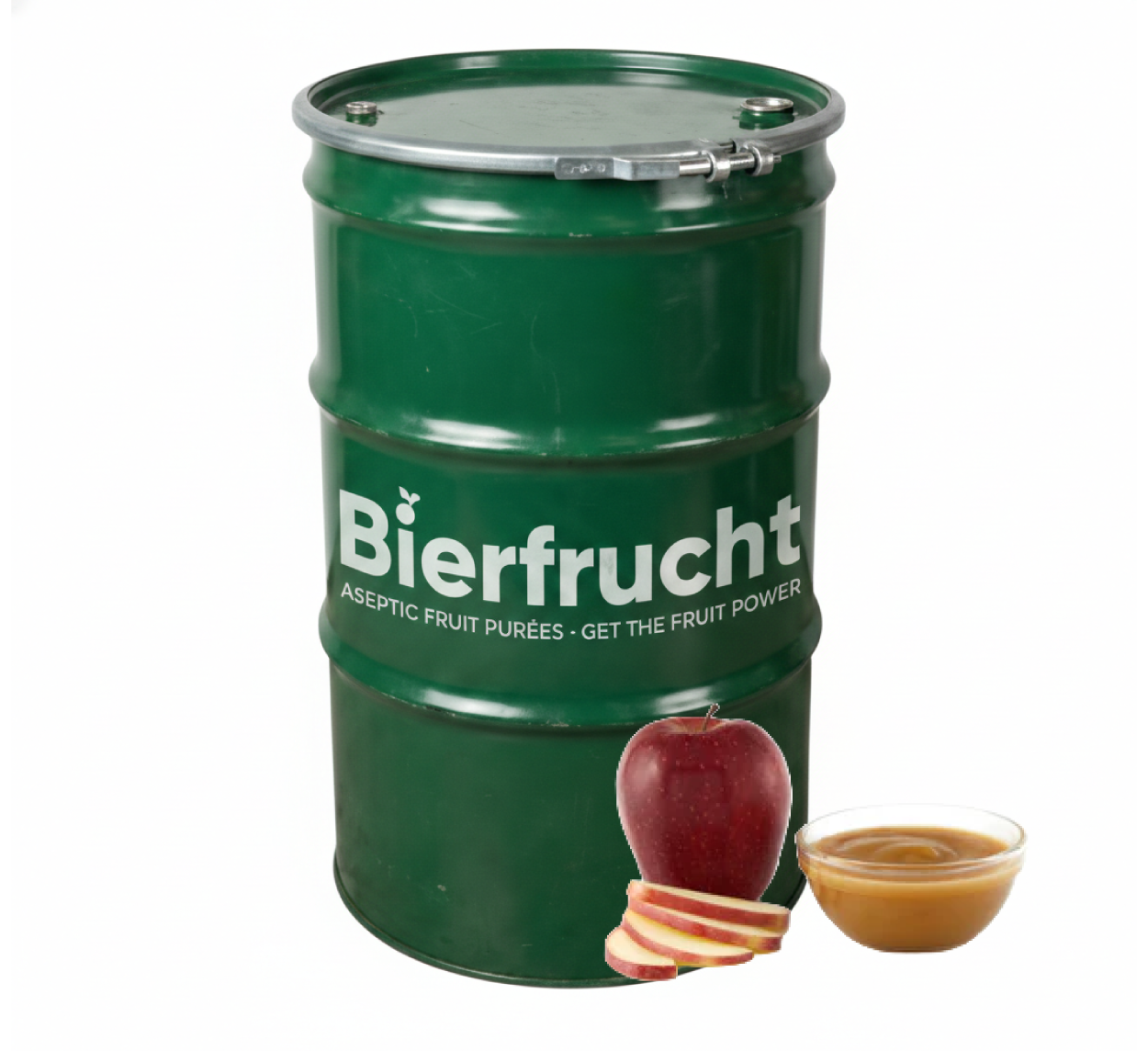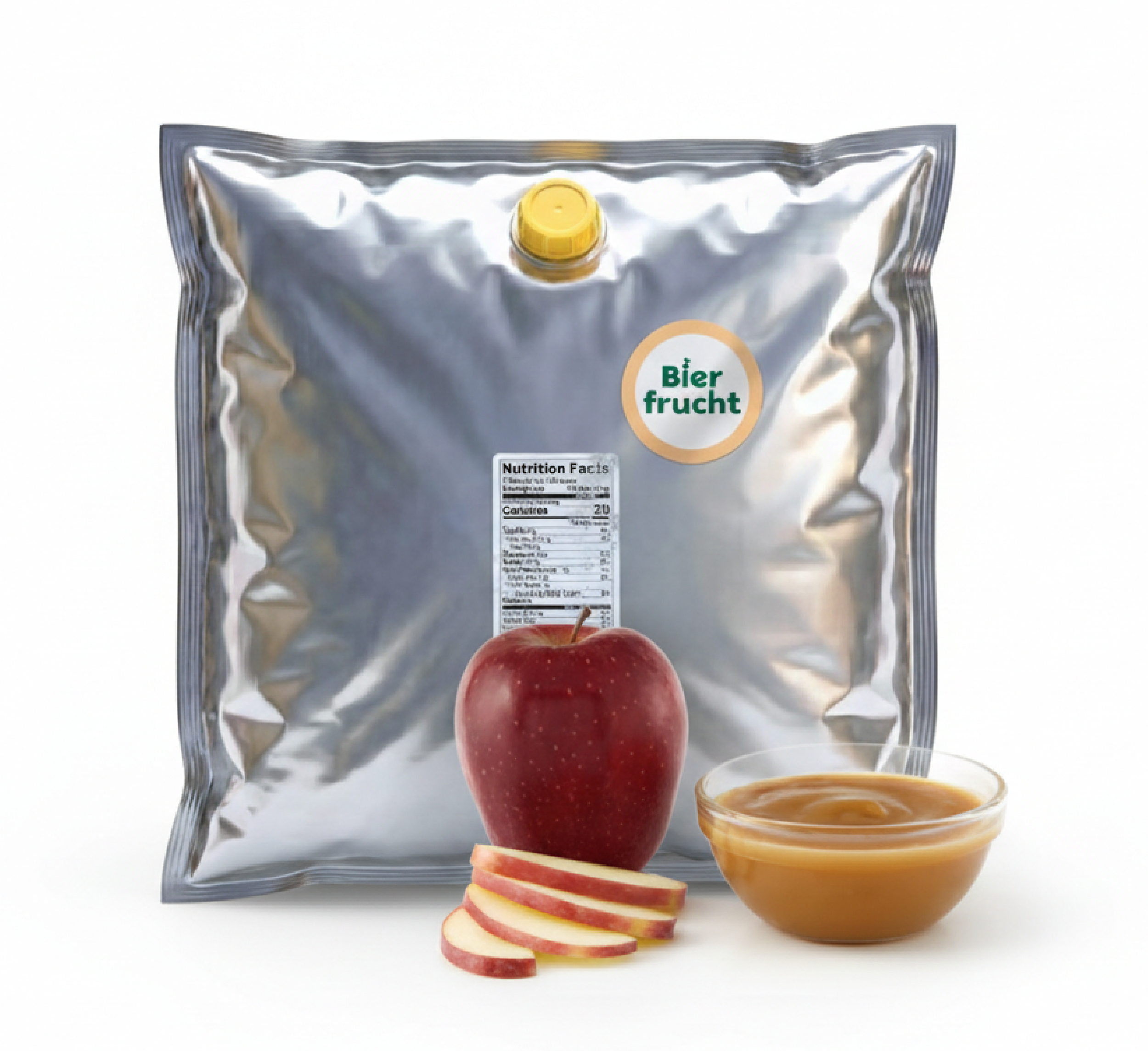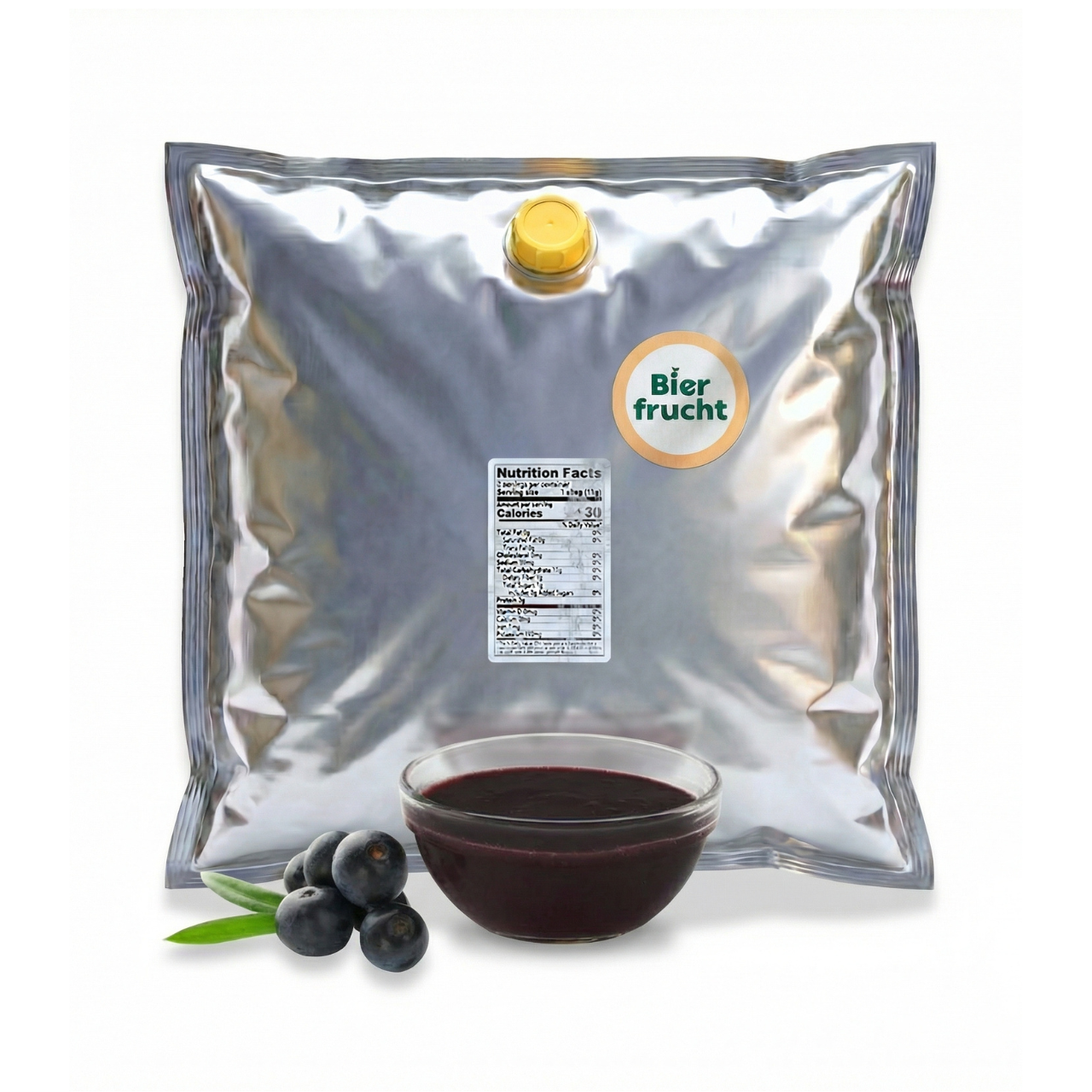First, I added approximately 10 oz of hot water and to French press and added 4 tablespoons of dry tea leaves and let sit for 5 minutes and added approximately 6 oz of ice to cool down the hot tea. The samples contained approximately 1 oz of fruit puree and 3-4 oz of cool tea. These samples would later be spiked with a neutral grain spirit to the alcohol by volume to 5%. Here are our initial finding using the method mentioned about and the use of a French press.
Yindge Choice-organic black tea
Aroma of dry leaves: herbal, grassy
Orange- aroma of sweet oranges with an herbal hint. Taste was balanced could use more tea, woody, citrus flavor. Fruit impacted color, light orange
Tangerine-aroma of hay, sweet citrus. Fresh, floral flavor balanced with citrus. Could benefit from adding more tea. Fruit impacted color, light orange
Passion Fruit-pungent tropical aroma, slightly tart flavor. Could benefit from addition of salt or lime? Fairly balanced. Fruit impacted color, bright yellow
Mango-strange aroma, not a great flavor combination. Could possibly benefit from addition of sugar. Fruit impacted color, bright yellow
Red Prickly Pear- herbal aroma, low to no aroma from fruit. Refreshing flavor of berries, cranberries, slightly bitter. Fruit impacted color, bright red
Young Hyson- green
Dry aroma-woody
Orange- citrus aroma, soup, broth, good balance, good finish. Fruit impacted color, light orange
Passion Fruit- floral, tropical aroma, good balance, refreshing finish. Fruit impacted color, light orange
Mango- harmony between fruit and tea in aroma, tropical aroma, slightly bitter, could benefit from sugar? Acid? smooth finish. Fruit impacted color, bright yellow
Red Prickly Pear- tree bark aroma, musty, tart flavor, could use sugar, cherry Kool-Aid flavor and color. Very interesting. Fruit impacted color, bright red
Jasmine Bouquet- organic- green
Dry aroma- floral, fruity
Orange- candy, floral, sweet aroma, great balanced flavor! Fruit impacted color, medium orange.
Passion fruit- pungent tropical aroma, bitter flavor, nice balance. Fruit impacted color, bright yellow
Mango- balance of tea and mango in aroma, bitter flavor, could benefit from sugar or acid addition? Fruit impacted color, bright yellow
Red Prickly Pear- mixed berries, floral aroma. Refreshing flavor, not perfectly balanced, bitter, nice finish. Fruit impacted color, bright red
Shui Xian-organic
Dry aroma- cereal, grain, nuts, woody
Orange- unique aroma akin to hops or cannabis, two different flavors combine to form new experience. Fruit impacted color, light orange
Passion fruit- pungent tropical aroma hint of tea, tastes like a different fruit, plum and peach flavor and aroma. Fruit impacted color, bright yellow
Passion fruit +Tangerine- pleases all the senses, balances drink with sweetness. Fruit impacted color, light orange
Mango- Mango forward aroma, nice balance, could benefit from addition of acid or sugar on finish. Fruit impacted color, bright yellow
Red Prickly Pear- woody aroma, cucumbers, acid, pickles? No. Fruit impacted color, bright red
Conclusion:
At the end of these trials, we landed on a few combinations that stood out to us. The Yindge Choice paired best with the red prickly pear because the two flavors mixed formed another flavor all together, that of mixed berries or cranberry. The color was great, and the finish was pleasantly refreshing. We did not come to a conclusion on the Young Hyson, however mango and passion fruit were leading the contenders. The Jasmine Bouquet benefited best from the addition of orange. The candy aroma and good balance along with great unique flavor was what made this the preferred choice. Last, the Shui Xian tea was looking like passion fruit would be the best combination. This was until on a whim we added a dash of tangerine puree. This small addition compensated for what was missing in the passion fruit sample. Flavors and aromas of plum, peach, and tropical flavors were found throughout this combination. We finally landing on something that was pleasing to all the senses.
Real World Use
If you wanted to scale this up to a production batch you could do several different things. However, for the sake of this experiment we will talk about steeping the tea first. You could essentially do exactly what we did in the tea trial. Get a batch of water boiling in your kettle and boil for 15 minutes just to ensure the water is sterile. Then steep the tea at a high concentration in the whirlpool (or kettle). Steep for 5-10 minutes. Then, run it through your heat exchanger to a tank that can be topped off with either seltzer base or a neutral grain spirit if you are trying to achieve a hard tea.
Just for fun, we will also look at the process for doing the same thing to a seltzer or beer base. If you have ever made a beer with coffee, you are familiar with this process. Basically, it is the same process. You have a COLD tank of beer, seltzer, or neutral seltzer base that you want to infuse with tea. In a separate tank, first clean and purge it. Then, you will want to bag up the tea and toss them into the top of the tank or through a manway. Some people would tell you that you should hang them up in the tank. This is not necessary in my experience. The liquid will pass through the bags of tea leaves, especially if you are going to recirculate with a local pump. Contact time is up to you but it typically takes about 12-24 hours to infuse. Just like a cold brewed coffee. That is also why you can use the same principles in tea as you use in coffee. There are many clever ways to achieve the same results but this is probably the best option for most operations.

